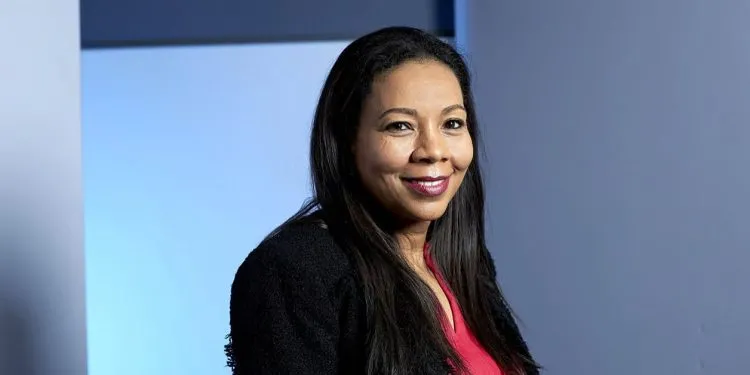A Cameroonian-US-based tech guru, Rebecca Enochong, has slammed the Cameroon government for banning the use of Starlink, an internet service provider company.
According to Ms. Enonchong, the Cameroonian government is claiming that it is protecting citizens by not allowing internet services to be in the hands of foreign companies.
“If the government had any concern for consumer safety with independent internet providers, they would ban bars, alcohol, cigarettes, betting, and many other products that have a more deleterious effect on consumers. The truth is that they don’t care about consumers.” Ms. Enonchong said, adding that “the only security the government is concerned with is theirs. They want to continue to have full control over the internet and disconnect at will, as they did in 2017 in the North West and South West for a full 93 days.”
She wrote on X on Tuesday, April 16, decrying why Cameroonians should be deprived of internet services, while just a bit of spending could have made quality internet services available to all.
Her reaction came after the Cameroonian Minister of Post and Telecommunication, Minette Libom Lilikeng, banned the installation of Starlink in Cameroon.
Starlink is an American company providing internet services through the use of satellite. Consumers have direct links with the company, and it is not subject to regulation by the government of Cameroon.
The installation of Starlink services gained momentum in Cameroon following the disruption of internet services in Cameroon and other countries last month. The undersea cables that are supplying Cameroon with optic fibre had a problem, which resulted in the disruption.
However, Ms. Enonchong thinks that the Cameroon government is worried about Starlink because of its simplicity, reliability, and cheap prices.
To her, the low cost of the solution only highlights the incompetence of those in charge of our internet access in Cameroon. She said the government should be embracing Starlink, approving it so that they can collect taxes on it and get internet access into remote areas of the country where fibre or mobile access is impossible, rather than banning it.
Ms. Enonchong explained that the undersea optic fibre is very strong and sits best for use, but Cameroon is underexploiting, and it is affecting not just the citizens but the economy.
“The problem we have in Cameroon is that although we have amazing infrastructure in the country with several very high-capacity undersea cables that land at our borders, we purchase too little capacity to meet the demand in the country. So we end up using less than 15% of what is available,” she added.
Camtel, which is a state corporation, has the sole monopoly in the distribution of optic fibre in Cameroon. It purchases it and then retails it to telecom companies like Orange, Nexttel, and MTN. Most often, when Orange or MTN has issues with the internet, they always send messages to subscribers, shifting the responsibility to Camtel, which is the sole supplier of optic fibre in the country.
“The second problem is that fibre can’t stop at the landing sites. We need to deploy the fibre throughout the country. This is a big investment, and it will take time. The main impediment to progress is Camtel. They control the capacity that is purchased, they resell to MTN and Orange at outrageous rates, and they also control the deployment of fibre within the country,” she said.
These companies, after buying, turn to sell to the Cameroonian population at exorbitant prices. One gigabyte of internet costs 500 FCFA.
Despite the poor services rendered in terms of the internet, Ms. Enonchong said the situation is untenable.
“The first step, and this can happen overnight, is for Camtel to purchase more capacity for the undersea cables. Even if the government must subsidise for a few months, the value to the economy will more than cover these costs. The capacity needs to be increased by 10 or 20 times at a minimum. We can always resell excess capacity to neighbouring countries,” she said.
“You can feel the capacity problems when your connection drops. Too many people are trying to access the same very limited data. It’s like with Eneo, which has to shut down power for some users to give access to others. The Internet works the same way, except it can be increased very easily,” she added.
She furthered that the pricing by Camtel to other telecoms must be reviewed and lowered. That is because they are forced to buy from Camtel and can’t negotiate their terms for underwater cable access.
“It is important that they get reasonable pricing from Camtel despite the monopoly and that they pass on those savings to the consumer,” she stressed.
If that is done, the government would need to break the Camtel monopoly. To her, reliable, inexpensive, and available internet is a necessity, not a luxury.
“There are solutions. There are fast solutions. These are political, not technical, problems. Let them unleash our internet and see the resulting economic growth that will ensue,” Ms. Enonchong said.



